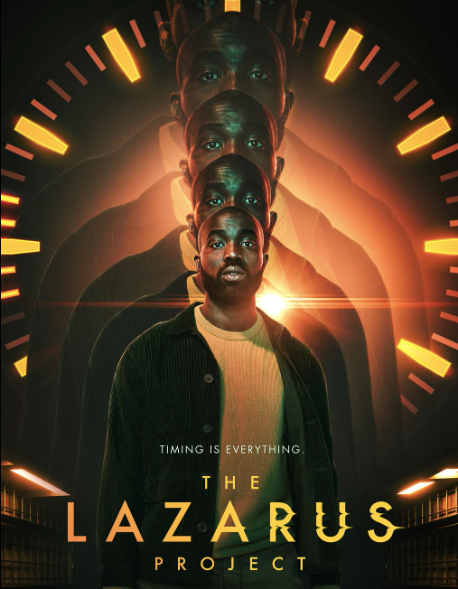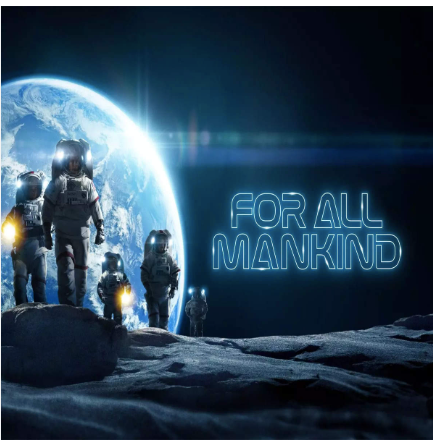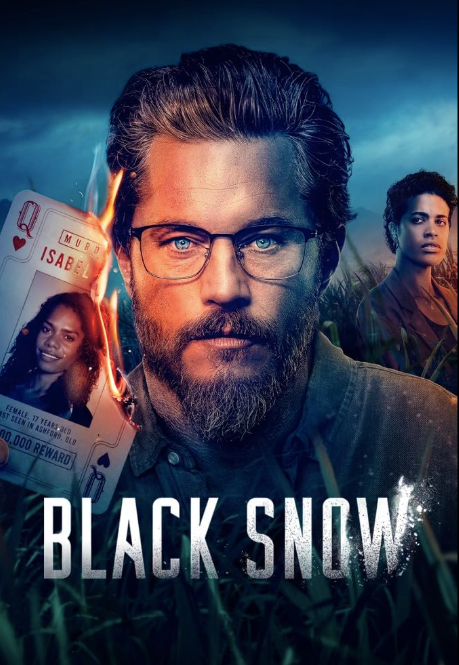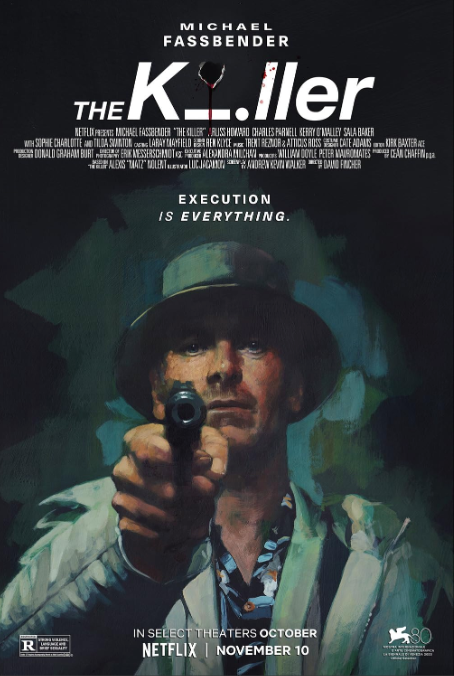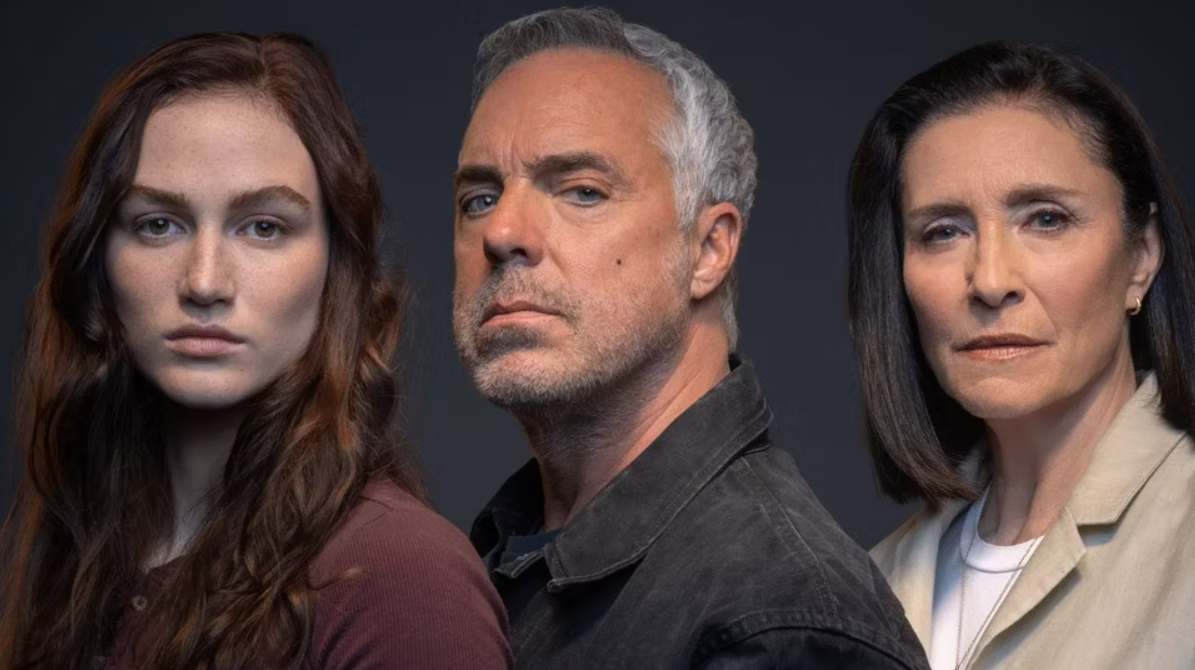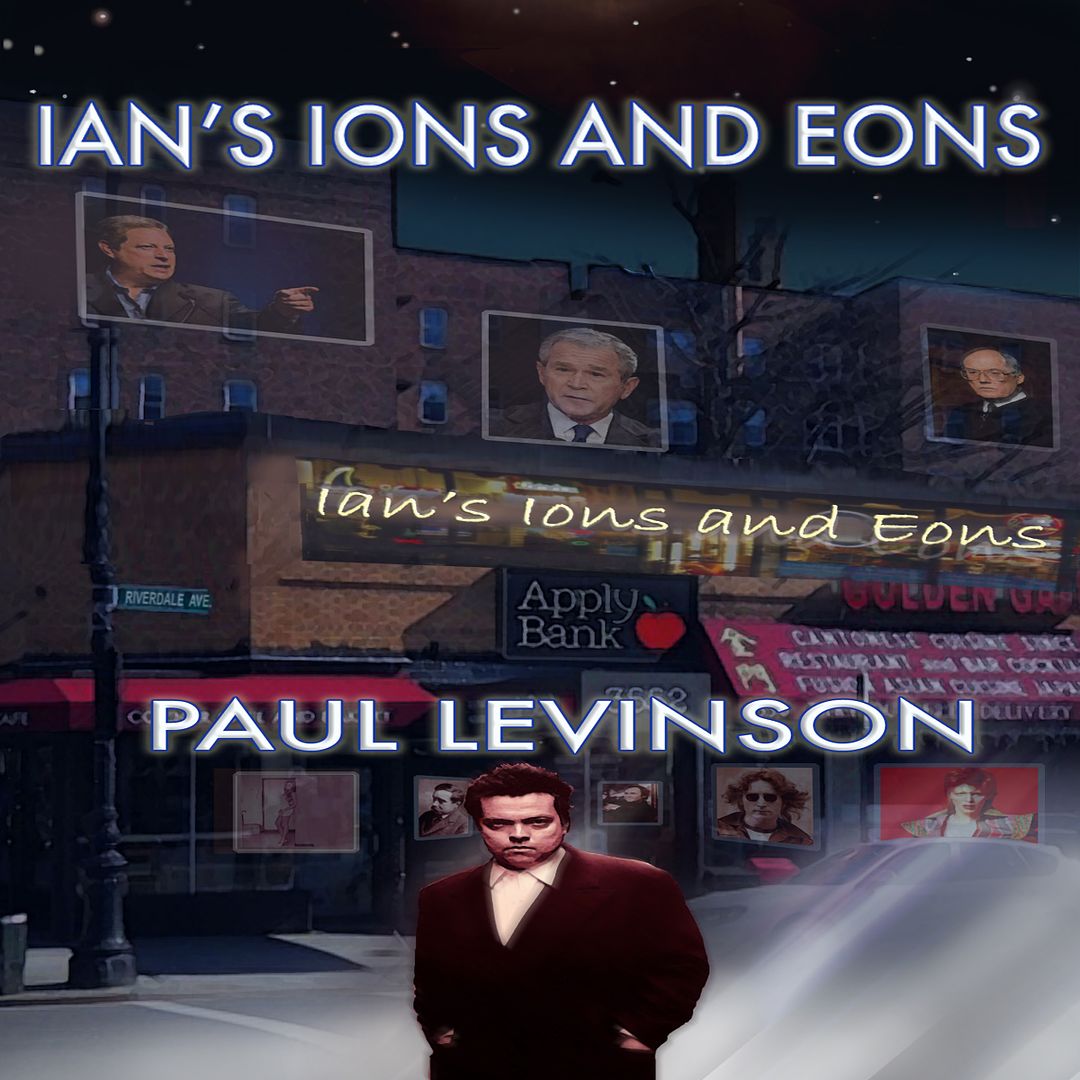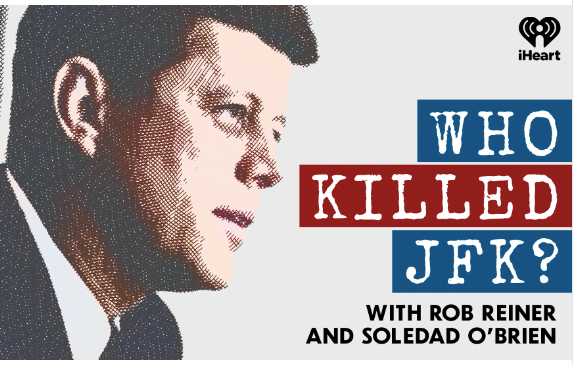
Episode 4 of Who Killed JFK, the podcast with Rob Reiner and Soledad O'Brien, was just put up today. It's all about Lee Harvey Oswald, prior to his day in the Texas Book Depository, or wherever he was on that day in 1963 when JFK was assassinated. It tells us of his conditioning or brainwashing by the CIA, resulting in his false defection to the Soviet Union. A lot of this reminded me of The Manchurian Candidate.
In case you haven't seen it, I highly recommend this 1962 movie, based on 1959 novel by Richard Condon of the same name. In the movie, Lawrence Harvey (Oswald's middle name, an awful coincidence?) plays a Korean War veteran who comes home to America, brainwashed by the North Koreans. He's now an assassin, programmed to kill -- in this case a nominee for U. S. President -- with no conscious knowledge of what he's doing. (Yes, this is similar to Homeland, which clearly was inspired by The Manchurian Candidate.)
Episode 4 of Who Killed JFK presents a variety of evidence that Oswald was "brainwashed" by the CIA in the late 1950s. Whatever happened to Oswald, the CIA's infamous MK-Ultra program -- which used LSD, hypnosis, sensory deprivation, and other nefarious methods to program its subjects to do whatever the CIA wanted -- is established fact. (Candy Jones, one-time model and later co-host with her husband, Long John Nebel, of their widely popular late-night radio talk show, claimed to have been given the MK-Ultra treatment in the 1950s.) Episode 4 of Who Killed JFK presents the case that Oswald was put through the program and sent to the Soviet Union as a double agent. The title of the episode, "The Patsy," comes from what Oswald himself said when he was between the time JFK was killed and Jack Ruby in turn killed Oswald. The next episode will present the further case that Oswald, still under the influence of MK-Ultra program, was set up to take the sole rap for killing JFK.
So here's where we stand at the end of 4th episode: The CIA has it in for JFK. They pressured doctors to change their reports in order to support the preposterous single-bullet theory. And they programmed Lee Harvey Oswald to do their bidding -- at this point, to pretend to defect to the Soviet Union.
I'm looking forward to learning all about the continuation of Oswald's trajectory in the fifth and subsequent episodes of Who Killed JFK? I do have one question at this point. What was the reaction in the Soviet Union of Oswald being named the sole killer of JFK? In Episode 4, we're told that maybe, likely, the Soviets were suspicious of Oswald's defection, and likely were playing their own game with Oswald, seeking to use him for their own ends. I hope Who Killed JFK -- which has become must listen-to audio for me -- tells us a little more about what Reiner at al may have learned of what the Soviets thought of Oswald being labeled as the sole assassin of JFK. Given what we found out in previous episodes about JFK and Khrushchev drawing closer after the resolution of the Cuban Missile Crisis, driven by their mutual desire to make sure that the U.S and the USSR never came so close to the precipice of nuclear Armageddon again, it makes sense that the Soviets would have been very interested in who really killed JFK, even after Khrushchev was put out of power.
See also Who Killed JFK? A Review of the First Three Episodes of this Podcast
